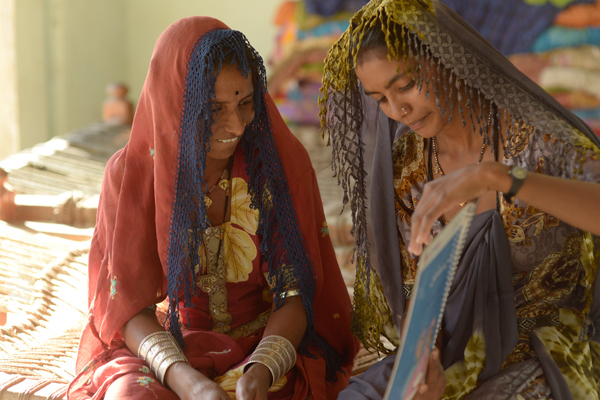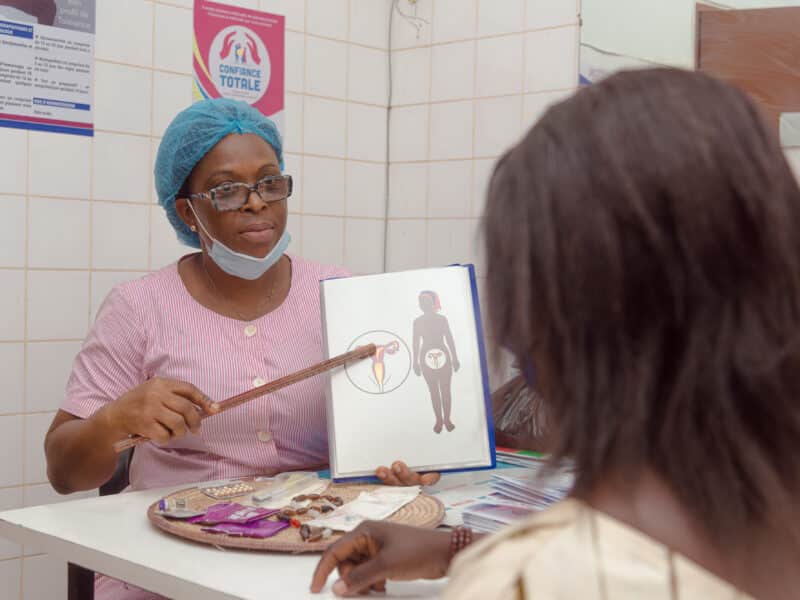Infant mortality and maternal deaths are a cause for great concern in Pakistan. In 2015, for every 100,000 live births, 178 mothers died due to a complicated pregnancy or challenges during delivery.
Facing these staggering statistics, the Johns Hopkins Center for Communication Programs (CCP), under USAID’s Maternal and Child Health program, led the Health Communication Component (HCC). HCC used strategic social and behavior change communication to improve maternal, newborn and child health and family planning in Sindh, Pakistan’s second largest province. CCP worked closely with several partners including Center for Communication Programs Pakistan, Rural Support Programme Network and Mercy Corps.
Over the course of five years, HCC developed a suite of tools to support front line health workers, led numerous trainings with community outreach and contributed thought leadership in the area of community health. Overall, HCC touched the lives of more than two million people residing in Sindh.






